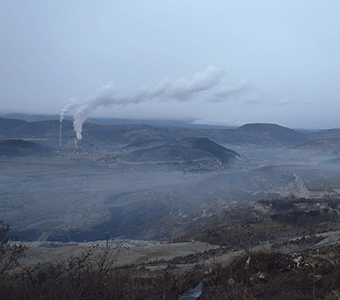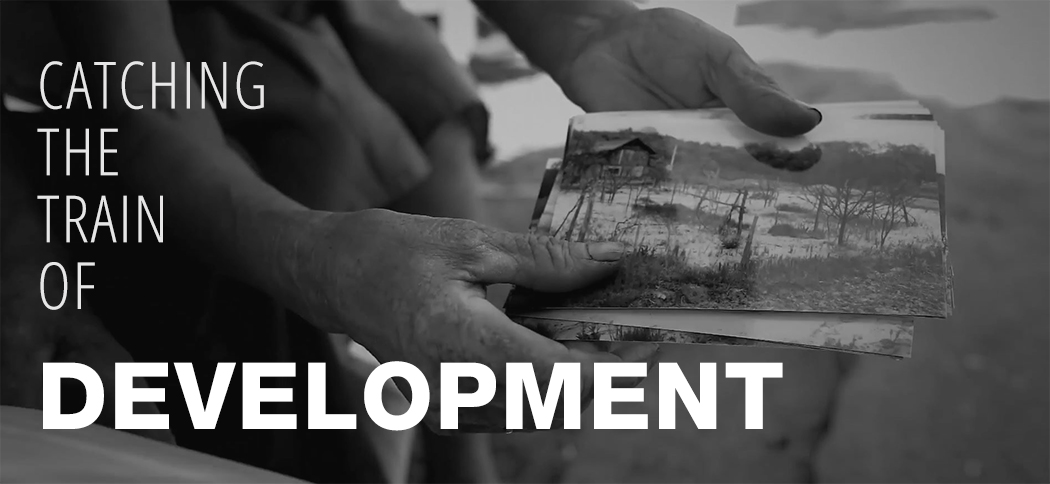Slovakia’s official stance in the upcoming climate negotiations in Paris Climate Summit is no progressive one. An argument often heard is that a small country like Slovakia plays only a little role. The handful of coal plants in Slovakia cannot “compete” with the CO2 emissions of economic giants like the United States or China. And we do not significantly contribute to migration caused by climate impacts. But that is not true.
, | 17 November 2015

Slovakia’s official stance in the upcoming climate negotiations in Paris Climate Summit is no progressive one. An argument often heard is that a small country like Slovakia plays only a little role. The handful of coal plants in Slovakia cannot “compete” with the CO2 emissions of economic giants like the United States or China. And we do not significantly contribute to migration caused by climate impacts. But that is not true.
by Dana Marekova, People in Peril, Slovakia
By funding the export of coal technologies with public money we are making a greenhouse shaped hole into the world. Slovakia’s export credit agency Eximbanka SR, fully controlled by the Ministry of Finance, is showing interest to fund two coal power plant projects where Slovak companies (SES Tlmače, Istroenergo Group and Hornonitrianske Bane Prievidza) are involved.
Slovak taxpayers money could fund the Pljevlja lignite power plant in Montenegro that will contribute to local air pollution already high above EU norms.
It could also allow to build the fourth biggest coal power plant in the world, Konya Karaipinar in Turkey with a planned capacity of over 5000 MW.
What is worse, this information is not readily available, because Eximbanka SR does not disclose its plans – or much else for that matter. The bank’s annual report (pdf) does not reveal anything tangible. And in responses to a direct request for information the bank only says that it will say nothing: “… all information about the affairs of clients of Eximbanka SR that is not publicly available is confidential.”
This secrecy only contributes to our country’s ambiguous approach to its global responsibilities. Publicly, the Slovak government insists that the refugee crisis needs to be solved in the countries of origin. Quietly, behind closed doors other state institutions are considering spending public money on projects that devastate local communities, contribute to climate change and thus create millions of climate refugees.
And it doesn’t even make economic sense. A growing number of countries is increasing investments into renewable energy sources. If Eximbanka SR wants Slovakia to compete on a global market it needs to wake up from its 19th century industrial dream. Renewables and innovations deserve support, for the good of the climate, as well as the employment in Slovakia.
Never miss an update
We expose the risks of international public finance and bring critical updates from the ground – straight to your inbox.
Theme: Energy & climate | Development

